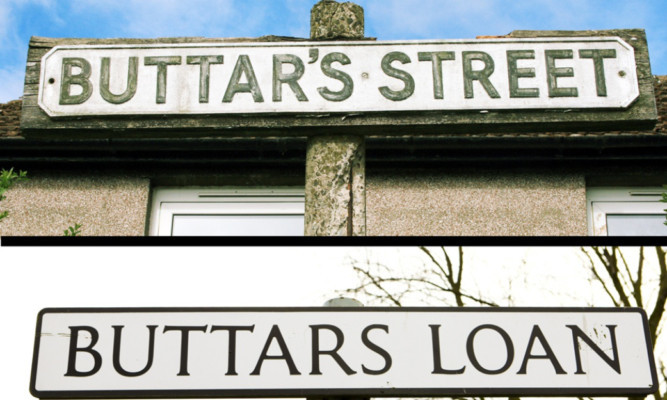A council that banned apostrophes from the names of new streets so as not to baffle residents with punctuation is to reverse the veto.
The leader of Mid Devon Council said he would be recommending to the ruling cabinet that the policy was changed so that apostrophes would again be used.
Councillor Peter Hare-Scott said he did not find it acceptable that incorrect grammar was being used on the council’s street signs.
“The convention not to use apostrophes when naming new streets has been in place since long before this administration took over,” he said. “Personally, I’m not happy about using English that’s incorrect and don’t find this acceptable.
“We are reviewing the situation and I shall be recommending to cabinet on March 28 that they amend the policy so that street names may indeed in future have apostrophes.”
The council hit national headlines last week when the policy to ban apostrophes was revealed. The proposed naming and numbering policy document states streets should not be given names “that may be considered or construed as obscene or racist”, while those “that may be open to re-interpretation by graffiti or shortening of the name shall be avoided”.
It adds: “In order to avoid causing offence either by inclusion or exclusion, no street shall be named after any living person. All punctuation, including apostrophes, shall be avoided.”
John Richards, founder and chairman of the Apostrophe Protection Society, formed in 2001, said the plan was “disgusting”.
Quoted in thisisdevon.co.uk, he said: “It hasn’t got anything to do with confusion I think it’s to do with a lack of respect for the English language.”
The 89-year-old former newspaper sub-editor added: “Not far from the council’s offices are school teachers who are doing their nut trying to teach children grammar. They could argue ‘why should we bother about apostrophes, the council doesn’t’. It sets a terrible example.”
* We wish to apologise to readers of a sensitive disposition for our headline’s crimes against punctuation.
